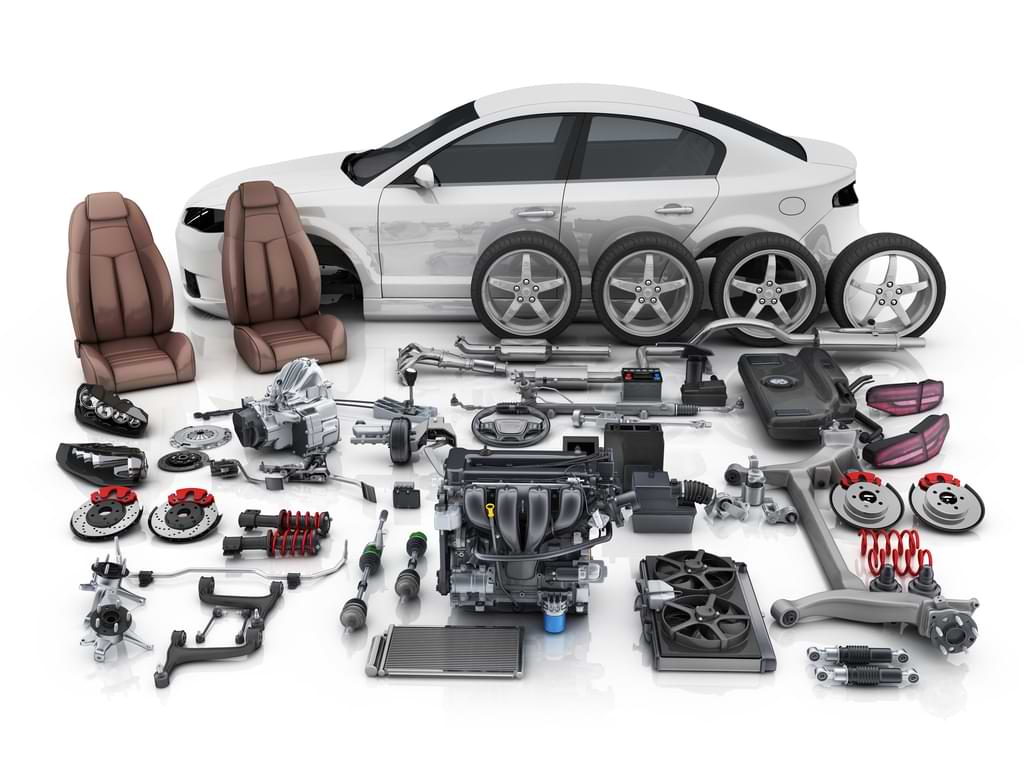Supply Chain Chaos: Is This the New Norm for Cars & Car Parts?
Date Posted: 20 September 2022

You don’t have to be an automotive enthusiast to be aware of the current car and auto spare parts and accessories supply shortage. Businesses have had to delay fleet upgrades and consumers have been left to look for other options in the face of long lead times. But is this the new norm for car and car part sales? Or is this just a unique event created by unprecedented times?
Why Are Car Parts In Short Supply?
COVID-19 has wreaked havoc in many commercial sectors, and the automotive industry is no different. Global lockdown orders and new capacity rules have put a strain on manufacturing capabilities as there is a reduced workforce available to complete work. This means that not only are there fewer professionals making cars and car parts, but there are supply chain issues for raw materials. Additionally, transportation of parts and cars is less available. According to automotive leaders, an average vehicle is made up of 15,000 to 25,000 parts. When you consider that those parts are made by different manufacturers in various countries facing various limitations, the supply chain delay makes sense.
The global computer chip shortage has had significant effects on this supply chain delay too. As China is the predominant supplier of these critical car parts — and these cannot be outsourced to just any manufacturer — the average consumer is now facing long wait times as local and international suppliers scramble to keep up with the demand and backlog.
How Are Australians Seeing This In Action?
The current supply chain climate poses greater questions about Australia’s reliance on international suppliers and, more specifically, an over-reliance on OEM genuine parts. Consumers who choose to shop with local suppliers that source quality generic parts may instead bypass the wait times, price hikes and general supply chain chaos in the automotive industry.
While the car parts and car delays are across the board for Australian car retailers and consumers, there are some models and circumstances that are facing greater difficulties. So, what car parts are in high demand? Newer car models, like the Tesla, have seen some of the greatest wait times. As of August 2022, every Tesla model has a long wait time with backorders set to arrive in 2023. Even this date depends on shipping from China though.
It’s not only new cars experiencing wait time insecurity though, with repair work dependent on car part availability. Limited parts and a stretched auto workforce have driven up the price of car repairs. Consumers are now facing the highest price hike in recent decades. The average consumer is now having to make the decision to wait, or look for temporary and local solutions.
So, What Has the Industry Done to Help?
The car parts shortage that started in 2021 is an unprecedented event for the auto industry. Unfortunately, this means there are no frameworks in place to ensure a smoother delivery of these critical automotive spare parts to businesses or directly to consumers. There have been some car manufacturers who have begun altering car features to bypass missing parts, like Tesla. They have found that there are parts that can have a dual function. This allows designers and manufacturers to reduce the number of parts they require.
However, the Tesla design is more adaptable to agile change than what you can expect with companies like Ford. We are far less likely to see changes to most car designs in the short term. So, if you love your Falcon or Civic, you will very likely have to weather the market conditions.
How Long Can We Expect the Shortage to Last & What Can Consumers Do In the Meantime?
The car parts shortage is likely to continue well into 2023, and we may not see a stable supply return until 2024. Consumers can take control of their circumstances though. All they need to do is consider local, quality suppliers of spare auto parts and accessories. Exploring generic car parts will allow drivers to repair their cars and upgrade features sooner, rather than waiting for an unspecified amount of time to receive genuine OEM parts. However, the second-hand market has also seen a significant price hike as the demand saturates the market. So, consumers must be wary of purchasing second-hand auto parts as they may not be of a high quality. You could even find yourself paying three times over the market price and what you'd find at a local auto parts retailer.
Machter Has Your Back In These Trying Times
If you’re ready to make repairs or improvements to your car, then you might be facing a long wait in the current climate. However, when you shop at Machter you can find quality automotive spare parts for popular car makes and models. These are in stock and ready to be installed on your car. Machter is one of Australia’s leading auto parts stores, and we are committed to getting you back on the road without delay.





